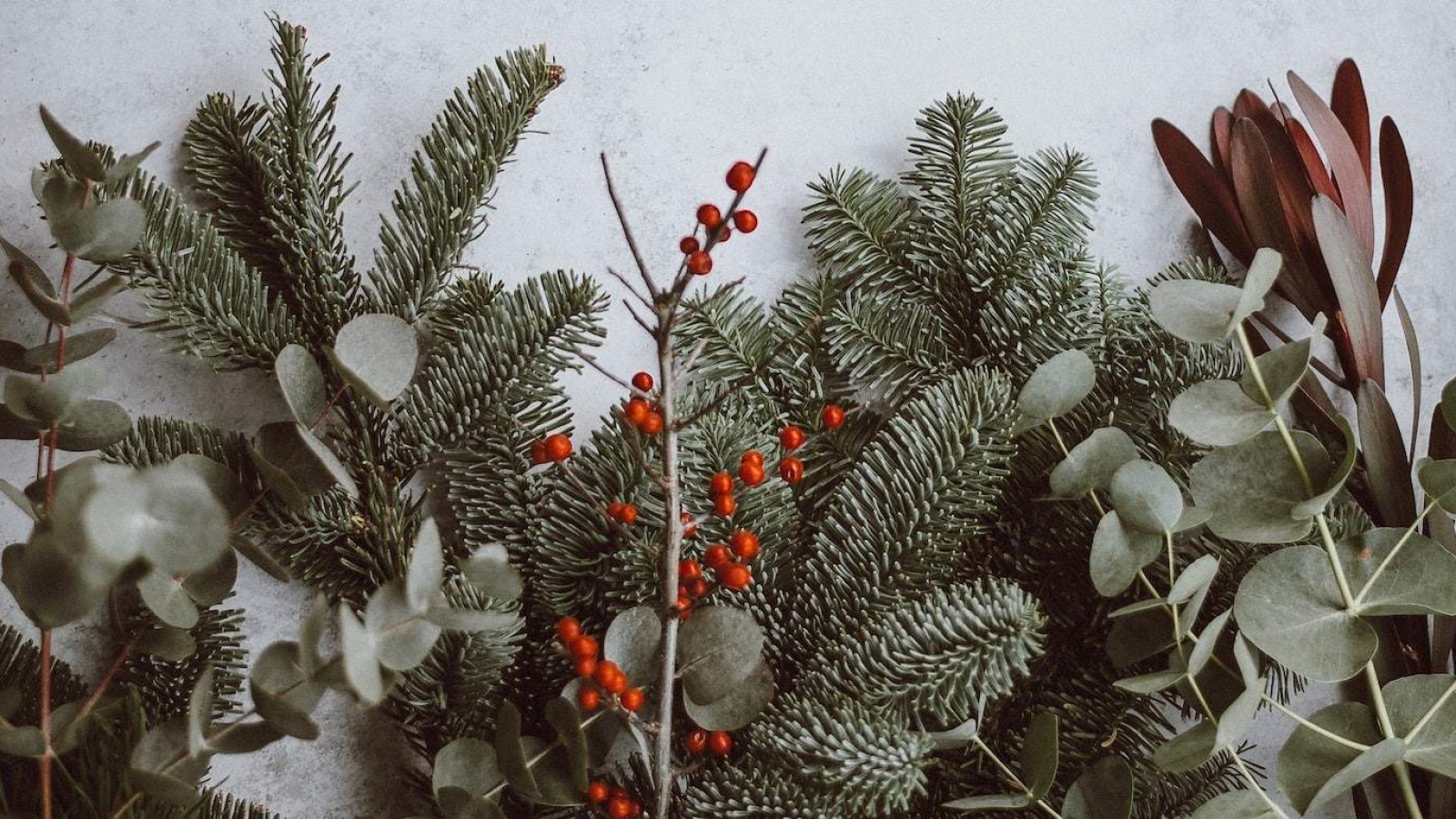If you live in a Christian dominated country or community you will not have escaped the fact that it’s nearly Christmas. So, I wanted to wish everyone a merry Christmas and a happy, prosperous, New Year. Although it is a Christian festival many people of different faiths enjoy this time and join in.
If you live in the northern hemisphere it’s associated with winter and brings some much needed light and joy to a cold and dark time of year. In the southern hemisphere, where I grow up, it’s more about holidays and barbeques on the beach.
But at this time of year it is also important to remember that not everyone enjoys Christmas. Perhaps you have to work during this time or it’s because of circumstances (financial worries, loneliness or loss) or you just dislike Christmas. So, I wanted to explore some of the alternative festivals at this time of year.
Firstly, Festivus is a secular holiday celebrated on December 23 as an alternative to the tradition and commercialism of the Christmas season. It was originally created in 1966 by author Daniel O’Keefe, (American writer) and entered popular culture after it was made the focus of the 1997 Seinfeld episode ‘The Strike’ which O’Keefe’s son, Dan O’Keefe (American television writer and producer), co-wrote. As depicted in Seinfeld it includes a Festivus dinner, an unadorned aluminium Festivus pole as well as practices such as the “airing of grievances” , “feats of strength” and the labelling of easily explainable events as “Festivus miracles’. The episode also refers to it as “a Festivus for the rest of us”.
Next, Kwanzaa lasts from December 26 until January 1 and it values and celebrates African customs and culture. It was started by Maulana Karenga in 1966 who was then the professor and chairman of Black Studies at California State University. Concerned by events in America at the time, including civil unrest, he created Kwanzaa as an attempt to bring African-Americans closer together. It seeks to celebrate and remember the traditional values of their ancestors. It is also a way of fighting the commercialism of Christmas.
Traditionally, each family has its own Kinara, a candle holder for seven candles. Each candle represents a values of the African Culture one of the principles that is celebrated. The first candle to be lit is the black candle that stands at the centre of the Kinara. This candle represents the principle of unity. The other principles are self-determination, collective work and responsibility, cooperative economics, purpose, creativity, and faith.
As Winston Churchill (British Statesman) said, “Christmas is a season not only of rejoicing but of reflection”. So, regardless of how you choose to spend this time of year, try to have fun, rest and reflect on the year past. Be with friends and family and try to remember those not as fortunate as yourself.


